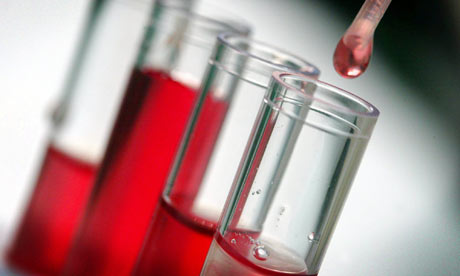 What if doctors could tell exactly what you're eating just by checking your blood sample?
What if doctors could tell exactly what you're eating just by checking your blood sample?
If you're not strictly following the diet prescribed by your doctor, you may no longer be able to hide the fact. According to a study that appeared in the 'Journal of Nutrition', researchers have found a new way to understand what you eat from your blood sample.
Scandinavian researchers suggested that it is possible to assess dietary compliance by measuring certain biomarkers in the blood. The study involved 154 participants who were advised to follow a healthy diet rich in berries, vegetables, fatty fish, canola oil and whole grains. Several blood biomarkers were assessed to reflect the consumption of different key components of the diet.
These were the biomarkers -
- Serum alpha linoleic acid as a biomarker of canola oil consumption
- Plasma beta carotene as a biomarker for vegetable intake
- Plasma alkylresorcinols reflecting whole grain consumption
According to the researchers, "When investigating the health effects of whole diets, it is useful to measure multiple biomarkers reflecting the intake of different components of the diet. This way of assessing compliance may help to better detect changes in risk factors,"
The universities that participated in the study were - Uppsala, Aarhus, Copenhagen, Eastern Finland, Iceland, Lund, Oulu, VTT Technical Research Centre of Finland, as well as Kuopio and Oulu University hospitals in Finland.




Comments
Add new comment